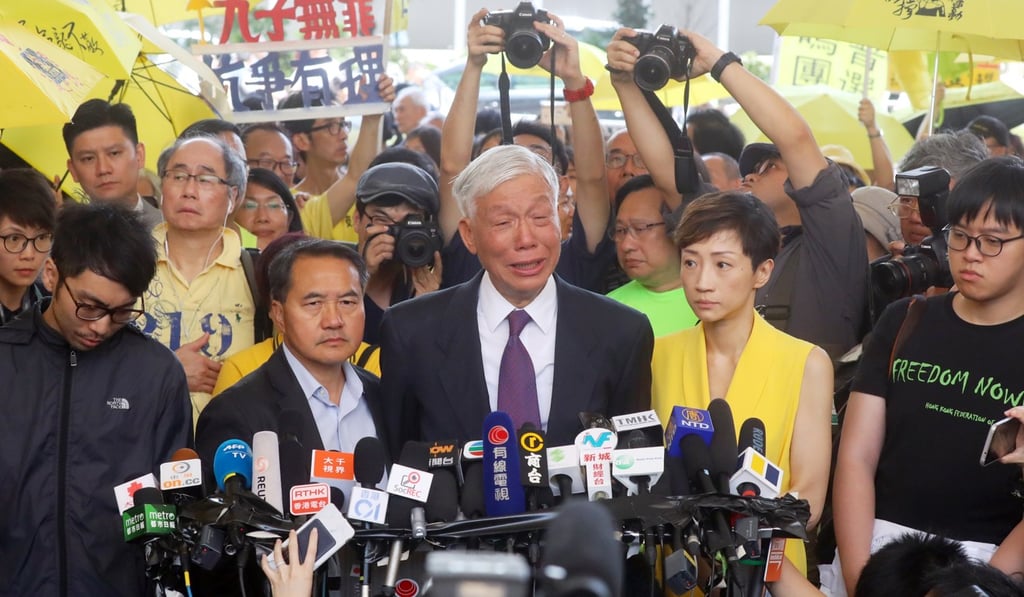Advertisement
Lenient sentencing for rioters could only prolong the protests and lead to a loss of faith in Hong Kong’s courts
- Light sentences stemming from Occupy Central and those so far in the current unrest have prompted accusations of unfairness
- By speeding up the court process and ensuring judicial independence, we can bring this crisis to a close
Reading Time:4 minutes
Why you can trust SCMP

Just recently, there was an unprecedented public protest in front of the Court of Final Appeal demanding the resignation of the chief justice. This has never happened in the history of Hong Kong.
Advertisement
Even in the ’70s, when Hong Kong was one of the most corrupt cities in the world, the judiciary was still well-respected and, indeed, it played a key role in Hong Kong’s successful eradication of then-rampant corruption. Hence, this should give all of us who are concerned with our rule of law a lot of food for thought as to why the people of Hong Kong have become so frustrated with the Hong Kong judiciary.
One thing most people believe is that the current street violence is largely encouraged by the leniency of sentences handed down by our courts in the Occupy Central-related cases. There are plenty of examples, but just to name a few: the 13 activists who led the violent storming of the Legislative Council complex on June 13, 2014 were released from the original jail sentence by the Court of Final Appeal.
The same court also saw fit to quash the conviction on student activist Joshua Wong Chi-fung and two of his comrades over the illegal Occupy Central. Then we have Mrs Justice Judianna Barnes Wai-ling quashing the conviction of former legislator Wong Yuk-man for hurling a glass at the then chief executive Leung Chun-ying in the Legco chamber.
Lastly, we have Judge Johnny Chan Jong-herng meting out extremely light sentences to the Occupy Central ringleaders. All these judicial decisions, which may be technically correct in the legal sense, defy common sense and cast doubt on the independence of our well-respected judiciary.
Advertisement


Advertisement
